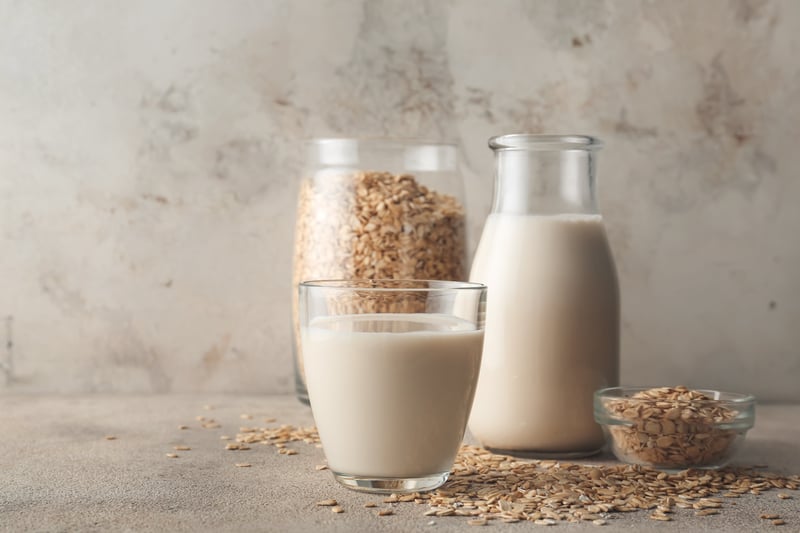Get Healthy!

- Posted February 26, 2023
Milk, or a Plant-Based 'Milk': What's the Nutritional Difference?
Not all milks are created equally when it comes to nutrients.
Reading the label can clue you in to what you're getting out of the beverage, whether it be plant-based or dairy, according to the U.S. Food and Drug Administration.
Nutritional content can vary between different plant-based products, the FDA said in a recent news release. Many don't have the same amount of calcium, vitamin D or other nutrients as dairy milk.
The only plant-based beverage that contains a similar enough nutrient content that it can be included in the dairy group in the federal government's Dietary Guidelines for Americans is fortified soy milk.
"The nutrients you get from plant-based milk alternatives can depend on which plant source is used, the processing methods and added ingredients, so check the label carefully,"said Susan Mayne, director of the Center for Food Safety and Applied Nutrition at the FDA. "Has the product been fortified with nutrients such as calcium? How much added sugar is in the product? What is the protein content?"
"The Nutrition Facts label on the packaging can help you compare the nutrient content of the various plant-based milk alternatives to milk,"Mayne said. "The label can help you choose the best products to meet your nutrient needs and those of your family."
Plant-based milks can be made from grains, such as oat, quinoa and rice; legumes, including pea and soy; nuts, such as almond, cashew, coconut, hazelnut, macadamia, peanut, pistachio and walnut; and seeds including flax, hemp and sesame.
These products may be a good alternative for people who are allergic to dairy milk or want to avoid dairy products for dietary reasons or personal preference, the FDA noted.
Some plant-based products have more calories than nonfat and low-fat dairy milk, so check the label if cutting calories is your motivation for choosing an alternative, the FDA suggested.
Dairy foods provide some key nutrients, some of which people are not getting enough of in their diets. The nutrients in milk include protein, calcium, vitamin A, vitamin D, magnesium, phosphorus, potassium, riboflavin, vitamin B12, zinc, choline and selenium.
The FDA suggests choosing milk and plant-based milk alternatives that are higher in protein, vitamin D, calcium and potassium.
These nutrients can help build bones and teeth, muscles, cartilage, skin, blood, enzymes and hormones. They can help people maintain their blood pressure. Some are needed for proper muscle, kidney and heart function.
The FDA recently issued draft guidance that recommends plant-based milks voluntarily include a nutrient statement that communicates how the product is nutritionally different from milk.
More information
The U.S. Department of Health and Human Services has Dietary Guidelines for Americans.
SOURCE: U.S. Food and Drug Administration, news release, Feb. 22, 2023
